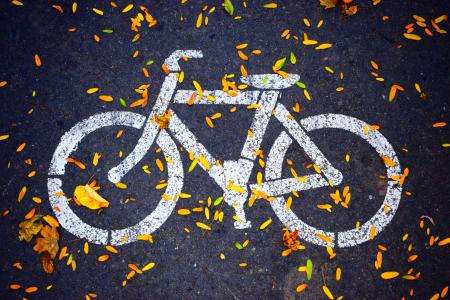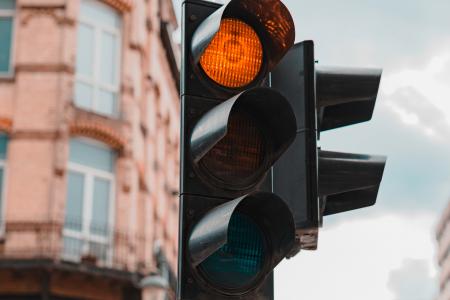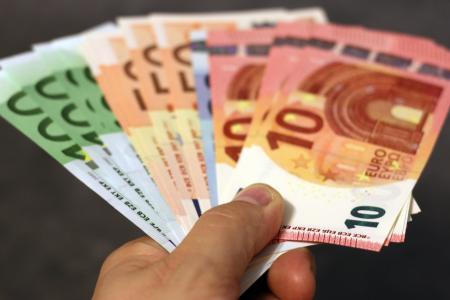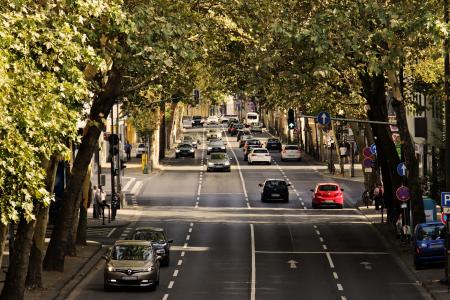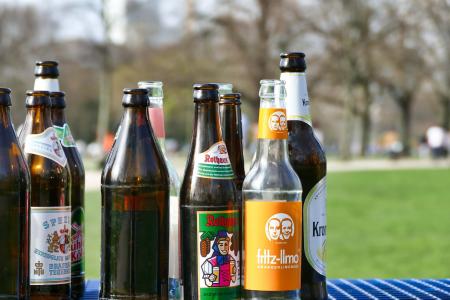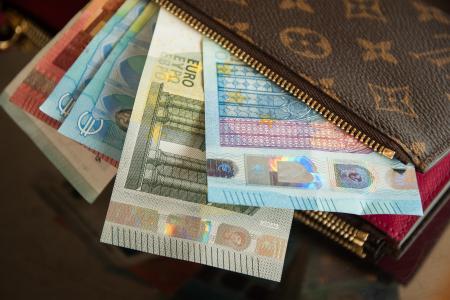Bicycle paths
In some ways, Germany is a paradise for cyclists. National paths connect major cities in the Radnetz system (the German cycle network), cycle hire outlets are everywhere, and cycle repair shops are similarly common.
Cities like Münster and Karlsruhe are among the best in the world for cyclists (though Berlin and Cologne aren't quite so bicycle-friendly).
When you're cycling, pay attention to pedestrians as well. Sometimes paths will feature red stone patches, which tell cyclists to give way to those on foot. And in Germany, pedestrians always have right of way.

